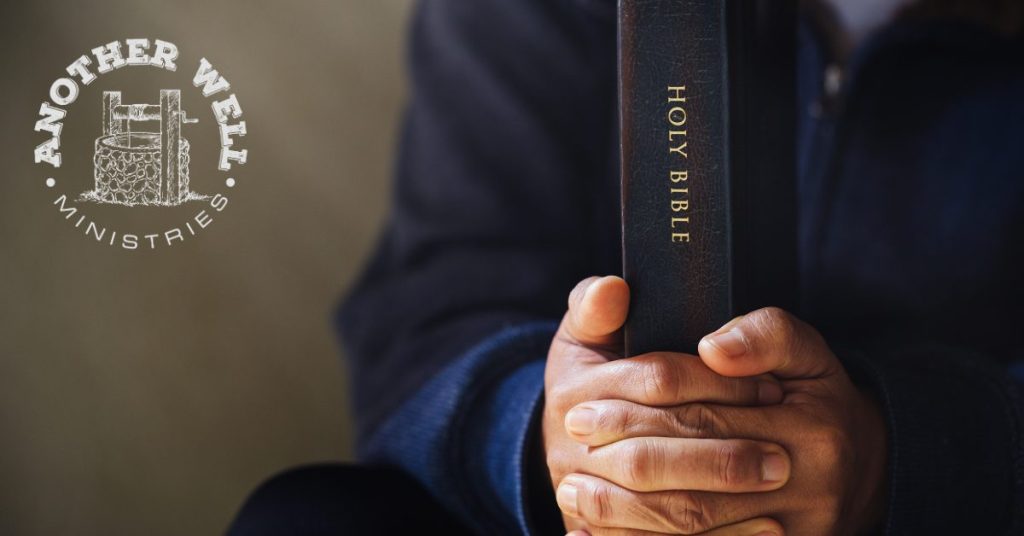Charlotte, NC — Educators and policymakers agree that the teaching of civics in K-12 schools is not preparing children to participate in civic life.
There’s broad agreement among teachers union officials and progressive lawmakers—along with conservative researchers and schools teaching classical education—that students need more instruction (and of better quality) on our political system and the roles that we play in it.
A relatively new movement attracting attention in K-12 and higher education called action civics, however, is very ideological.
Action civics gained a following under the Obama administration. It encourages students to participate in protests and demonstrations more than study history and our founding ideals, and understand the structure of American government.
While teaching students to volunteer in their communities is admirable, focusing civic education on protesting before teaching young people how to evaluate different social and political causes only makes them more likely to jump on the bandwagon of whatever movement is popular at the time.
Without the knowledge gleaned from a traditional civic education, students aren’t prepared to think critically about policy.
What does action civics look like? Teachers colleges are instructing soon-to-be educators to teach children in elementary school how to advocate for the unionizing of workers. A Chicago Public Schools program helped students advocate for transgender rights and engage in walkouts to protest “gun violence,” while action civics advocates at Generation Citizen helped students in Rhode Island lobby lawmakers against the use of plastic bags in grocery stores.
Meanwhile, just 10% of black students and 13% of Hispanic children demonstrated mastery over traditional civics content in a national comparison, while the average score gap between these children and their white peers is 27 percentage points and 21 points, respectively.
There’s a time and place for peaceful protests, and everyone should help protect the environment. Yet these and other projects take firm positions on complex policy issues, while basic measures of achievement do not give us confidence that students understand fundamental civic responsibilities.
Once students have participated in the political event of their choice, they are more likely to change their beliefs or cement their existing ones to match. The impressionable years hypothesis is a well-studied theory in political psychology that says your environment during adolescence and early adulthood helps shape your long-lasting political beliefs.
Young people are highly impressionable. As we get older, this susceptibility drops dramatically and remains low for the rest of our lives.
Proponents of action civics often teach from a curriculum based on critical race theory and use critical pedagogy. Those philosophies view history solely through the prism of identity politics—casting people into groups based on ethnicity—and teach students that the United States was founded not on the ideals of natural rights, but instead on racism and systematic oppression.
Critical race theory goes so far as to deny the role of facts in education, instead teaching from narratives and interpretations.
In a widely cited article on critical race theory, Gloria Ladson-Billings writes that the “use of voice or ‘naming your reality’ is a way that CRT links form and substance,” adding, “Much of reality is socially constructed.”
She says, “Critical race theory sees the official school curriculum as a culturally specific artifact designed to maintain a white supremacist master script.”
There is nothing intrinsically wrong with teaching students how to engage with politics. Activities such as student government give students the opportunity to practice politics themselves and have long had a place in our schools. But today, students are being pressured into political movements without giving their ideals proper thought and analysis.
Alternatives to action civics exist.
New and promising programs seeking to address the unique challenges of 21st-century education include 1776 Unites, a nonpartisan organization that aims to revitalize civics by embracing our nation’s founding principles, and the Classical Education Institute, which engages educators in classical instruction from around the country.
Parents need to talk with teachers and school board members about the use of rigorous content—material that evaluates both sides of important topics in history and civics without leading a scavenger hunt for evidence of victimization around every corner.
That’s not how any student should define “activism.”
This article originally appeared on The Daily Signal. You can access the original article here.
Stay tuned to The Liberty Loft, as we will continue to bring you the latest news. You can find us on a wide variety of social media channels or subscribe to our notifications to receive all the latest information as it is released.






